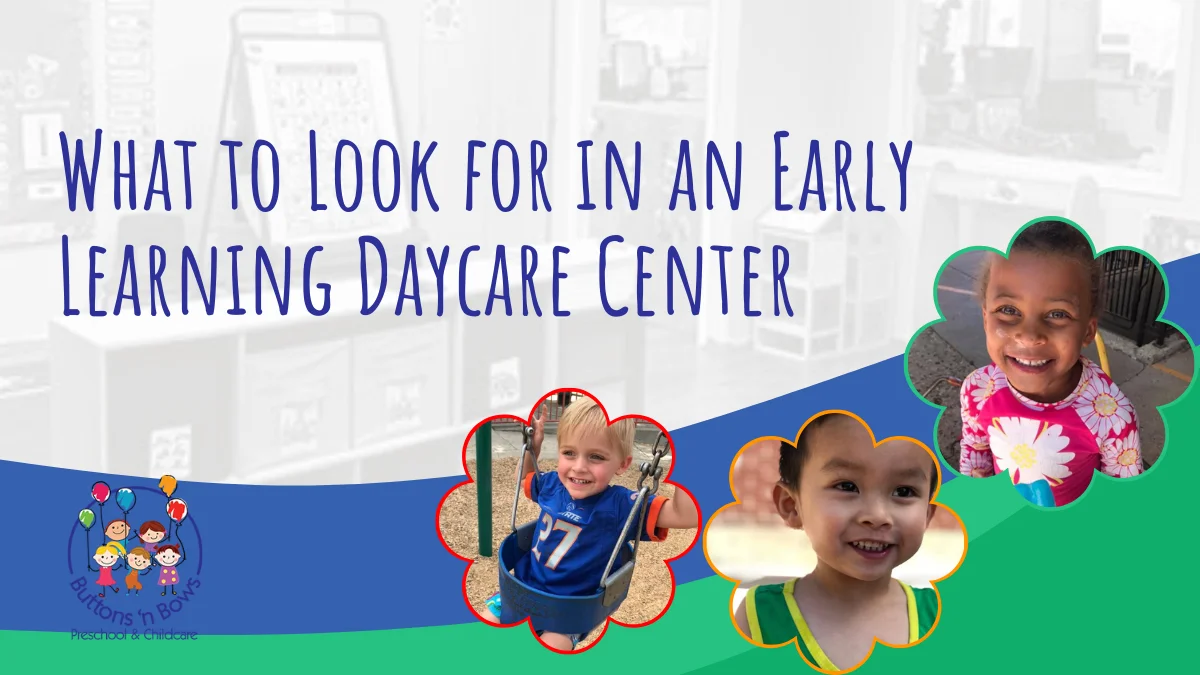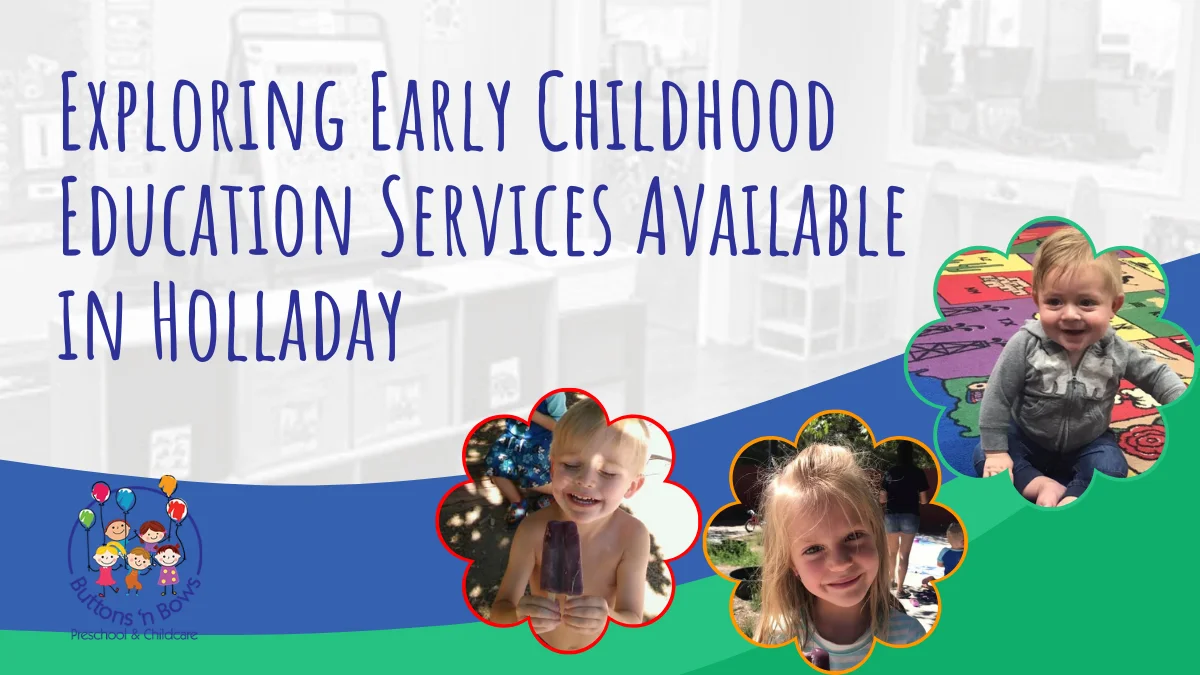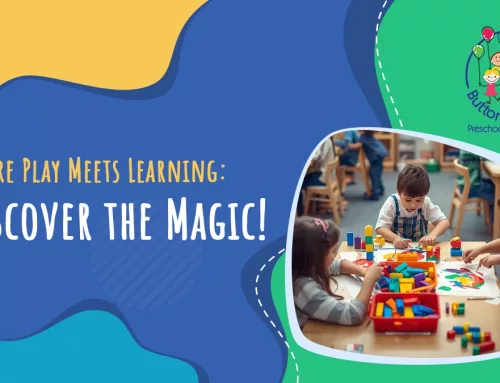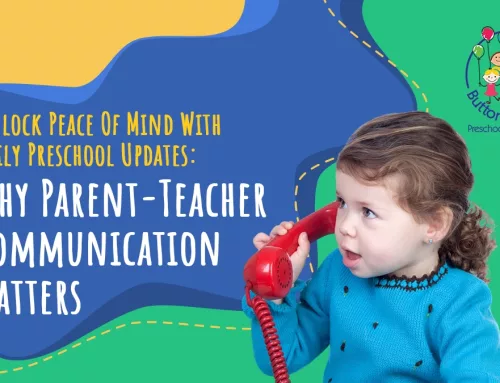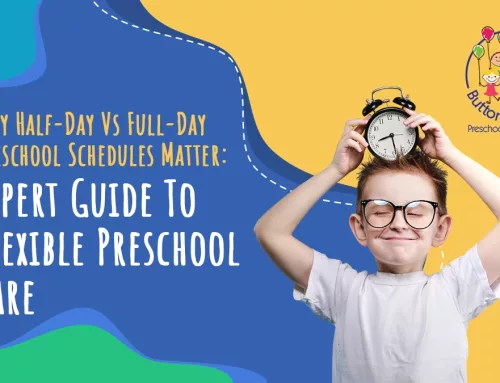Choosing the right preschool and daycare near me can be a transformative decision for parents in Holladay, Utah, seeking the best early education for their little ones. With so many options available, finding a nurturing environment that prioritizes learning and fosters emotional and social development is essential.
Parents want a place where their children feel safe, engaged, and excited to explore the world around them. By considering factors such as curriculum, teacher qualifications, and community involvement, families can ensure they select a preschool or daycare that aligns with their values and meets their child’s unique needs.
Understanding Quality Early Childhood Education
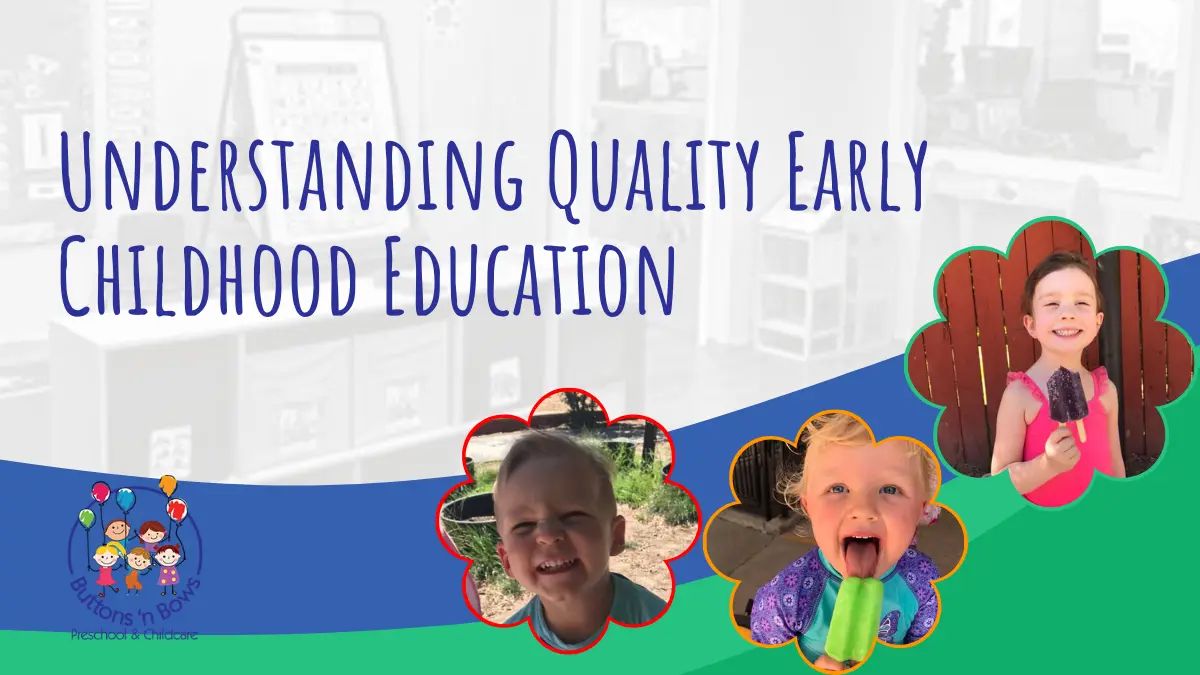
Quality early childhood education (ECE) refers to programs that provide a nurturing and stimulating environment for young children. These programs focus on holistic development, addressing academic skills and social, emotional, and physical growth. A quality ECE program fosters curiosity and creativity, allowing children to explore their interests through play-based learning and structured activities.
Importance of a Strong Foundation for Lifelong Learning
Investing in quality childhood education is crucial for laying a strong foundation for your child’s future. Research shows that children who participate in high-quality ECE are more likely to:
- Excel academically in later years
- Develop better social skills and friendships
- Exhibit improved emotional regulation
- Show increased motivation and enthusiasm for learning
The early years are formative; thus, children’s experiences can significantly impact their lifelong learning journey.
Key Indicators of Quality in Preschool Programs
When evaluating preschool programs, looking for specific quality indicators is essential. Here are some key factors to consider:
Curriculum:
Emphasis on critical thinking and problem-solving skills
- A well-rounded curriculum should incorporate various subjects, such as:
- Literacy
- Math
- Science
- The arts
Teacher Qualifications:
Educators should have appropriate training in early childhood development and education.
- Look for programs where teachers:
- Are passionate about fostering a love of learning.
- Participate in ongoing professional development.
Class Size and Ratios:
Smaller class sizes with lower teacher-to-child ratios allow for more individualized attention.
Recommended ratios:
- Infants: 1 teacher for every 3-4 children
- Toddlers: 1 teacher for every 4-6 children
- Preschoolers: 1 teacher for every 8-10 children
Safety Standards in Quality Programs:
Safety is paramount in any early childhood education setting. Here are some aspects to evaluate:
- Physical Safety:
- Secure play areas with age-appropriate equipment.
- Regular safety inspections and maintenance of facilities.
- Emotional Safety:
- A supportive atmosphere that encourages open communication.
- Policies that promote inclusivity and respect among children.
Parent Involvement and Community Engagement
Quality programs encourage active parent participation through various avenues:
Communication:
Regular updates on child progress through newsletters or parent-teacher conferences.
Workshops:
Opportunities for parents to learn about child development topics, such as:
- Behavior management strategies
- Effective communication with young children
Volunteer Opportunities:
Ways for parents to engage directly with the classroom, such as:
- Assisting with activities or events
- Participating in field trips
By focusing on these indicators, you can make decisions that will positively impact your child’s development. A strong foundation in these early years will enhance your child’s educational journey and set them up for success in life.
What to Look for in an Early Learning Daycare Center
Choosing the right early learning daycare center is critical for parents seeking a nurturing environment for their children. With so many options available, knowing what factors contribute to a high-quality program that supports your child’s development is essential. From curriculum to safety standards, understanding these key elements will help you make a choice that aligns with your family’s values and needs.
Curriculum and Teaching Philosophy
Understanding the curriculum and teaching philosophy is crucial when selecting an early learning daycare center. Look for programs that emphasize:
- Play-Based Learning: Many centers adopt a play-based approach, allowing children to learn through exploration and hands-on activities. This method fosters creativity and critical thinking.
- Developmentally Appropriate Practices: Ensure the curriculum aligns with children’s developmental stages and offers activities suitable for their age and abilities.
- Structured Themes: Some centers utilize thematic learning, where lessons revolve around a central topic, integrating various subjects such as math, science, and literacy.
Teacher Qualifications and Experience
The quality of educators can significantly impact your child’s experience. Consider the following:
- Educational Background: Teachers should have relevant qualifications in early childhood education or child development.
- Ongoing Training: Look for centers prioritizing professional development, ensuring teachers stay updated on best practices in early education.
- Teacher-to-Child Ratios: A lower ratio allows for more individual attention. Ideal ratios include:
- Infants: 1 teacher for every 3-4 children
- Toddlers: 1 teacher for every 4-6 children
- Preschoolers: 1 teacher for every 8-10 children
Safety and Environment
Safety is paramount in any daycare setting. Evaluate these aspects:
- Facility Safety: Ensure the center meets safety regulations and has secure play areas free from hazards.
- Cleanliness and Maintenance: A well-maintained environment reflects the center’s commitment to health and safety.
- Emotional Safety: The atmosphere should be nurturing, promoting emotional well-being through supportive interactions among staff and children.
Parent Involvement Opportunities
A strong relationship between parents and educators enhances the learning experience. Look for centers that offer:
- Regular Communication: Centers should provide updates on your child’s progress through newsletters or parent-teacher conferences.
- Workshops and Events: Opportunities for parents to engage in workshops on child development topics, such as:
Community Engagement and Resources
A quality daycare center often connects families with additional resources. Consider:
- Family Resource Centers: Some centers provide access to materials related to child development, local services, and parenting support.
- Networking Opportunities: Look for programs facilitating family connections creating a supportive setting where parents can share experiences and advice.
By focusing on these essential factors when choosing an early learning daycare center, you can ensure that your child receives a nurturing environment that supports their growth and development.
Exploring Early Childhood Education Services Available in Holladay
Holladay, Utah, offers various early childhood education services to meet the unique needs of families. From traditional preschools to innovative daycare centers, parents can find programs that fit their educational philosophies and scheduling requirements. Here’s a closer look at some of the options available in the community.
Types of Early Childhood Education Programs
When searching for early childhood education services, consider the following types of programs:
- Montessori Schools: These schools emphasize child-led learning and hands-on experiences. They focus on fostering independence and critical thinking through a carefully prepared environment.
- Waldorf Schools: These programs prioritize creativity and imagination, integrating arts and crafts into the curriculum while encouraging free play.
- Reggio Emilia Approach: This philosophy centers on collaborative learning, where children engage in projects based on their interests, supported by teachers as co-learners.
Key Services Offered by Local Centers
Many early childhood education centers in Holladay provide services to enhance your child’s learning experience. Look for:
- Flexible Scheduling Options:
- Full-day and half-day programs
- Before and after-school care
- Extended hours for working parents
- Specialized Programs:
- Language immersion classes (e.g., Spanish or Mandarin)
- STEM-focused activities that promote science, technology, engineering, and math skills
- Arts enrichment programs, including music, dance, and visual arts
- Extracurricular Activities:
- Field trips to local attractions
- Seasonal events such as holiday celebrations or summer camps
- Parent-child workshops that encourage family involvement
Community Resources for Families
In addition to educational programs, Holladay offers various community resources that support families with young children:
- Parent Support Groups: Many centers host regular meetings where parents can connect, share experiences, and access valuable resources.
- Family Resource Centers: These centers provide information on local services, including health resources, parenting classes, and developmental screenings.
- Local Libraries: Public libraries often offer storytime sessions and educational programs for preschool-aged children.
Evaluating Program Quality
When exploring early childhood education services, it’s essential to assess the quality of each program. Consider these factors:
- Accreditation Status: Look for programs accredited by reputable organizations like the National Association for the Education of Young Children (NAEYC), which indicates a commitment to high standards.
- Teacher Qualifications: Inquire about the educational backgrounds and ongoing training of teaching staff to ensure they are well equipped to support your child’s development.
- Parent Reviews and Testimonials: Seek feedback from other parents regarding their experiences with specific programs. Positive reviews provide insight into the quality of care and education offered.
By exploring the array of early childhood education services available in Holladay, you can find a program that meets your child’s educational needs and aligns with your family’s values. Whether you prefer a structured curriculum or a more flexible approach to learning, some options will help your child thrive during these formative years.
Conclusion
Choosing the right preschool and daycare near you is an exciting path that lays the foundation for your child’s future. By understanding the importance of quality early childhood education, knowing what to look for in an early learning daycare center, and exploring the diverse services available in Holladay, you can make decisions that align with your family’s values and your child’s unique needs. Remember, this is not just about finding a place for your child to learn; it’s about creating a nurturing setting where they can grow, explore, and thrive!
If you’re ready to take the next step in your child’s educational journey, we invite you to connect with us at Buttons ‘n Bows Preschool. Visit us at Buttons ‘n Bows or call us at 1-801-278-8223 to learn more about our programs and schedule a tour. Let’s work together to give your child the best start possible!




